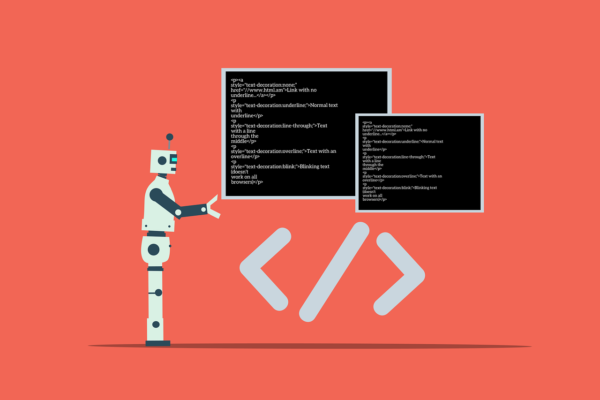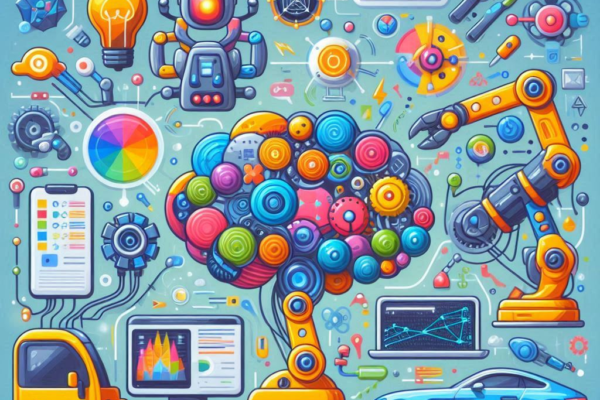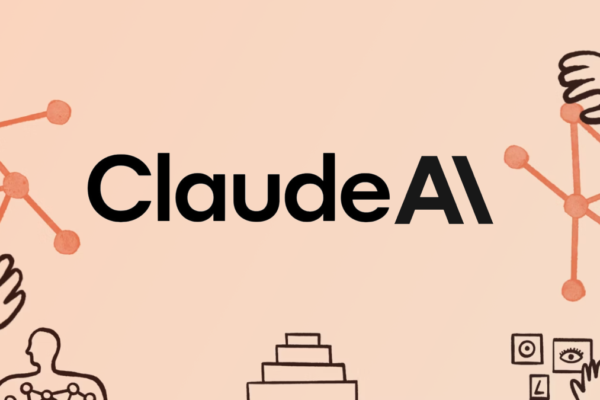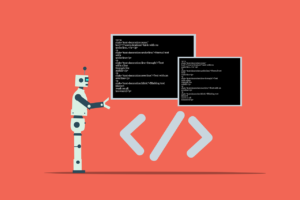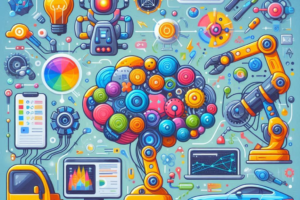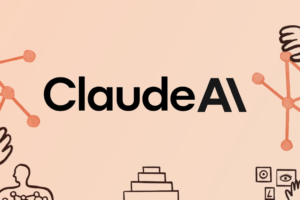Introduction
In the rapidly evolving field of artificial intelligence (AI) and machine learning (ML), TensorFlow stands out as one of the most powerful and versatile frameworks. Developed by the Google Brain team, TensorFlow is an open-source library that facilitates the development and deployment of machine learning models. Its flexibility and comprehensive ecosystem make it a popular choice among researchers and developers. In this blog post, we will delve into some of the most impactful applications of TensorFlow across various industries.
1. Image Recognition
Healthcare
One of the most significant applications of TensorFlow is in the field of healthcare, particularly in medical imaging. TensorFlow’s deep learning capabilities enable the development of models that can analyze medical images to detect diseases such as cancer, diabetic retinopathy, and more. For instance, TensorFlow-powered models can identify malignant tumors in mammograms with high accuracy, aiding radiologists in early diagnosis and treatment planning.
Social Media
In the realm of social media, TensorFlow is used for image recognition to enhance user experience. Platforms like Facebook and Instagram utilize TensorFlow to automatically tag people in photos, organize images, and even filter out inappropriate content. This not only improves user engagement but also ensures a safer online environment.
2. Natural Language Processing (NLP)
Chatbots and Virtual Assistants
TensorFlow plays a crucial role in the development of chatbots and virtual assistants. By leveraging its NLP capabilities, developers can create models that understand and respond to human language. Google Assistant, for example, uses TensorFlow to process voice commands and provide accurate responses. This technology is also employed in customer service chatbots, which can handle a wide range of queries, improving efficiency and customer satisfaction.
Sentiment Analysis
Sentiment analysis is another important application of TensorFlow in NLP. Businesses use sentiment analysis to gauge customer opinions and feedback from social media, reviews, and surveys. TensorFlow models can analyze text data to determine the sentiment behind it, whether positive, negative, or neutral. This helps companies make informed decisions and tailor their strategies to meet customer needs.
3. Speech Recognition
Voice Assistants
TensorFlow’s speech recognition capabilities are integral to the functioning of voice assistants like Google Assistant, Amazon Alexa, and Apple’s Siri. These assistants rely on TensorFlow models to accurately transcribe spoken words into text and understand user commands. This technology has revolutionized the way we interact with our devices, making them more intuitive and user-friendly.
Transcription Services
In addition to voice assistants, TensorFlow is used in transcription services to convert speech into text. This is particularly useful in fields such as journalism, legal, and medical transcription, where accurate and efficient transcription is essential. TensorFlow models can handle various accents and languages, making them versatile tools for global applications.
4. Recommendation Systems
E-commerce
Recommendation systems are a cornerstone of modern e-commerce platforms, and TensorFlow plays a pivotal role in their development. By analyzing user behavior, purchase history, and preferences, TensorFlow models can recommend products that users are likely to be interested in. This personalized shopping experience not only boosts sales but also enhances customer satisfaction.
Streaming Services
Streaming services like Netflix and Spotify also leverage TensorFlow for their recommendation engines. By analyzing user viewing and listening habits, TensorFlow models can suggest movies, TV shows, and music that align with individual tastes. This keeps users engaged and encourages them to explore more content on the platform.
5. Time Series Analysis
Finance
In the financial sector, TensorFlow is used for time series analysis to predict stock prices, market trends, and economic indicators. By analyzing historical data, TensorFlow models can identify patterns and make forecasts that help investors and financial institutions make informed decisions. This application is crucial for risk management and strategic planning.
Weather Prediction
TensorFlow’s time series analysis capabilities are also applied in meteorology for weather prediction. By processing vast amounts of historical weather data, TensorFlow models can predict future weather patterns and natural disasters with high accuracy. This information is vital for disaster preparedness and response, as well as for industries like agriculture and aviation.
6. Generative Models
Art and Music
Generative models, such as Generative Adversarial Networks (GANs), are a fascinating application of TensorFlow. These models can create new content, such as art and music, by learning from existing data. Artists and musicians use TensorFlow to generate unique pieces of art and compositions, pushing the boundaries of creativity and innovation.
Content Creation
In addition to art and music, TensorFlow is used for generating realistic images, videos, and text. This has applications in various fields, including entertainment, marketing, and education. For example, TensorFlow models can create lifelike avatars for virtual reality experiences or generate realistic dialogue for video games and movies.
7. Robotics
Autonomous Vehicles
TensorFlow is at the forefront of the development of autonomous vehicles. By processing data from sensors and cameras, TensorFlow models can make real-time decisions for navigation, obstacle avoidance, and path planning. This technology is crucial for the advancement of self-driving cars, which promise to revolutionize transportation by improving safety and efficiency.
Industrial Automation
In the field of industrial automation, TensorFlow is used to optimize manufacturing processes and improve efficiency. TensorFlow models can analyze data from production lines to detect anomalies, predict maintenance needs, and optimize resource allocation. This leads to reduced downtime, lower costs, and higher productivity.
Case Studies
Google Photos
Google Photos is a prime example of TensorFlow’s application in image recognition. By using TensorFlow, Google Photos can automatically organize and categorize images, making it easier for users to search and manage their photo collections. The app can recognize faces, objects, and scenes, providing a seamless user experience.
Airbnb
Airbnb leverages TensorFlow for dynamic pricing and personalized recommendations. By analyzing user behavior and market trends, TensorFlow models help Airbnb set optimal prices for listings and recommend properties that match user preferences. This enhances the booking experience and maximizes revenue for hosts.
Uber
Uber uses TensorFlow for demand prediction and route optimization. By analyzing historical ride data and real-time traffic conditions, TensorFlow models can predict ride demand and suggest the most efficient routes for drivers. This improves service reliability and reduces wait times for passengers.
Conclusion
TensorFlow’s versatility and powerful capabilities have made it a cornerstone of modern AI and ML applications. From healthcare and finance to entertainment and robotics, TensorFlow is driving innovation and transforming industries. As the technology continues to evolve, we can expect even more groundbreaking applications that will shape the future of AI and ML.
Additional Resources
For those interested in exploring TensorFlow further, here are some valuable resources:
- Official Documentation: TensorFlow Documentation
- Online Courses: Platforms like Coursera, Udacity, and edX offer comprehensive TensorFlow courses.
- Community and Forums: Join the TensorFlow community on GitHub, Stack Overflow, and TensorFlow’s official forums to connect with other learners and experts.

